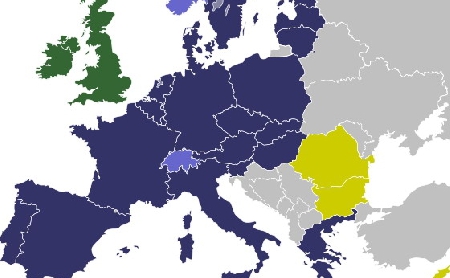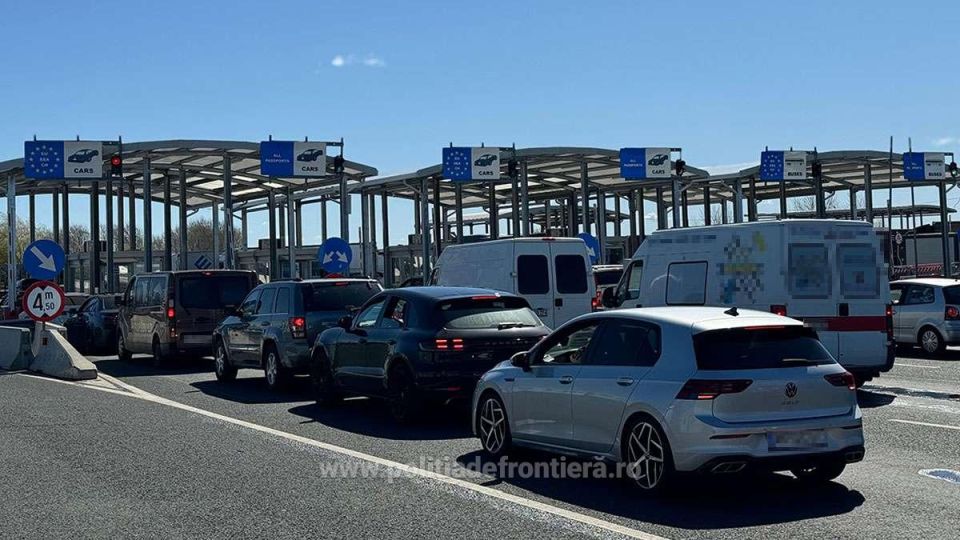Recommendation for Romania and Bulgaria’s Schengen Accession
Romania and Bulgaria's Schengen accession is again in the limelight

Corina Cristea, 06.11.2018, 13:16
Romania and Bulgaria should become
Schengen member states as soon as possible, the MEPs on the Committee on Civil Liberties, Justice and Home Affairs have urged, a
communiqué posted on the site of the European Parliament on Monday reads. The two neighbouring states, that joined the European Union in 2007,
should have received the status of full fledged members of the free movement
area as early as March 2011. All hopes
shattered however at that time, although Bucharest and Sofia had consistently
followed the accession strategy and met the requirements, complying with all
major points in the Schengen acquis. The
opposition of such countries as the Netherlands, Austria and Germany has led to
the repeated postponement of the two countries’ Schengen accession.
One of the evoked
reasons included the countries’ failure to comply with some of the commitments
made under the Cooperation and Verification Mechanism, through which the
European Commission is monitoring the evolutions in the justice field. Now the
MEPs on the Committee on Civil Liberties, Justice and Home Affairs have brought
again the issue into the focus of attention, saying the Schengen area is a
unique system and one of the EU’s biggest achievements, and the refusal to
receive Bulgaria and Romania as full fledged members has produced negative
consequences not only for the two countries, but also for the whole of the
European Union. Furthermore, they are opposed to the intensely circulated idea
of a partial accession, starting with air and sea borders in a first stage, to
be later continued with a prospective land borders accession.
This two stage approach sets a dangerous
precedent which has no solid legal justification and attracts a series of
economic, social and political inconveniences for the EU, a communiqué quotes the Bulgarian rapporteur,
Sergei Stanishev, a member of the Progressive Alliance of Socialists and
Democrats in the EP, as saying. Maintaining or reintroducing internal controls
in the Schengen area undermines the citizens’ confidence in the process of
integration and in the European institutions, the MEPs have underlined, adding
that the enlargement of the Schengen area should not be affected by
deficiencies linked to other policies pursued by the community bloc, such as
the asylum and migration policy. Romania and Bulgaria are currently partially
applying the Schengen acquis, with checkouts being carried out at their
borders. The report issued by the Committee on Civil Liberties, Justice and Home Affairs, without having a
legislative significance, is to be submitted in December to the plenary session
of the European Parliament, which agreed with Bulgaria and Romania’s Schengen
accession as early as June 2011, reiterating its standpoint several times since
then.






























